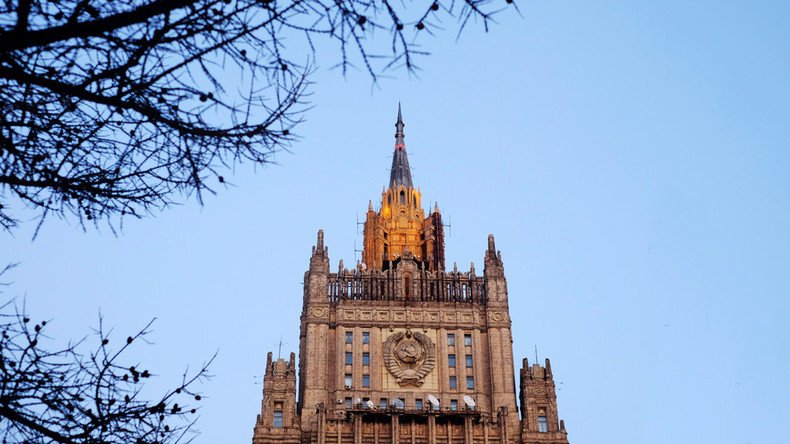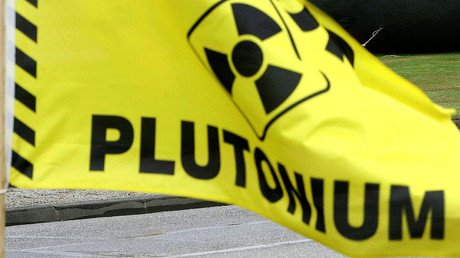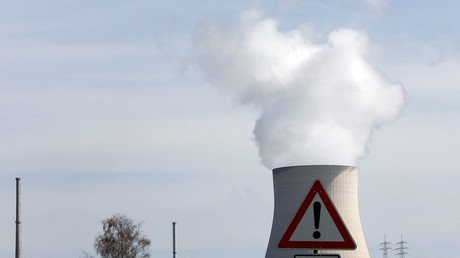Russia to respond to any new US sanctions with ‘painful’ measures – deputy FM

Moscow will find response measures that would be “painful” for Washington if the US decides to continue toughening its sanctions against Russia, Deputy Foreign Minister Sergey Ryabkov told Russian MPs.
“If the US opts to further toughen sanctions in defiance of common sense and in disregard of its experience that has already been quite painful for them, then we will find measures in our toolbox that will have a painful impact, particularly in terms of America’s positioning in the world,” Ryabkov told the deputies of the Russian State Duma, ahead of a vote on a bill suspending the Russian-American deal on reprocessing weapons-grade plutonium.
The Russian deputy foreign minister also said that the US continues to issue threats “on a daily basis” concerning the imposition of new sanctions against Russia “under various pretexts.” He added that 281 Russian legal entities and 81 officials, including a number of high-ranking figures, are now on the US sanctions list.
At the same time, the US “continues its efforts aimed at bringing its military infrastructure nearer to Russian borders and forming anti-Russian alliances with its European allies,” he said.
Russia’s response moves are “strictly proportionate and adequate” and show that “Russia pursues a rational line and is not guided by emotions,” Ryabkov stressed.
He went on to suggest that Russia could always shift gears and resort to “asymmetrical” measures in its response. He pointed to the recently suspended agreements between the US and Russia in the nuclear energy field as an example.
The “essence” of the present crisis in relations between the US and Russia lies in the fact that “under the current administration, [US foreign policy] became even more arrogant, forceful and focused on the attempts to impose its will on other countries,” the diplomat said, adding that such policy “is doomed to failure from the start in relations with our country.”
“The White House has only itself to blame for the problems in many parts of the world as well as for the difficulties in relations with Russia,” Ryabkov said.
On Wednesday, the Russian State Duma voted in favor of a bill submitted by the president’s office that suspends a deal between the US and Russia on reprocessing weapons-grade plutonium extracted from decommissioned warheads.
The deal, ratified in 2000, envisaged a specific procedure of disposing plutonium by fabricating nuclear plant fuel from it. However, the US later said that this procedure was too costly and instead opted for mixing plutonium with special dilutants and storing it indefinitely.
Russia regarded this as a breach of the agreement and stressed that the US could now potentially restore its weapons-grade plutonium.
The bill adopted on Wednesday lists measures the US should take for the agreement to be resumed. This includes reducing the US military presence on the territory of the NATO members that joined the bloc since September 1, 2000, as well as the lifting of all anti-Russian sanctions and compensating the loss Russia suffered as a result.
Russian President Vladimir Putin signed a decree suspending the reprocessing agreement on October 3, in view of “a threat to strategic stability posed by the hostile actions of the US against Russia.” Russian Foreign Minister Sergey Lavrov said at the time that it was a “forced measure” that should become “a signal to Washington.”
On October 5, Moscow also announced the suspension of cooperation agreements with the US in the nuclear and energy sectors. Russia said that the agreements covering scientific and technical cooperation in the use of nuclear energy for peaceful purposes were “in a sleep mode” in the past two years because of US actions, and that Moscow’s move simply “reflects the reality.”














